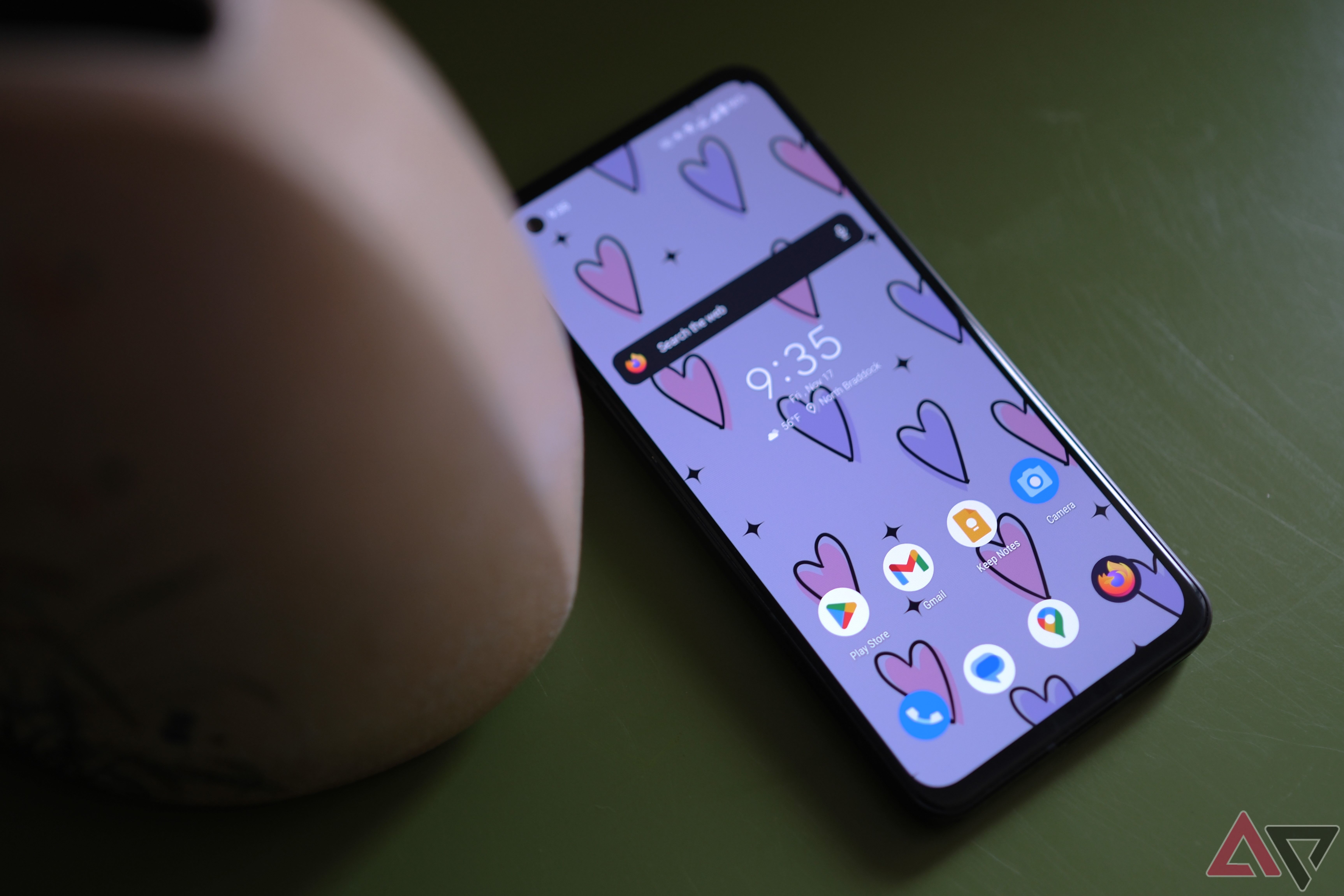In Match Group’s Q4 2024 quarterly report, the company stated that “Tinder intends to test AI-curated recommendations to deliver more personalized and engaging matches.” In December 2024, the company announced that it was planning a new AI assistant to debut in 2025, which will provide messaging advice and conversation starters. Bernard Kim, the CEO of Match Group, stated that these AI features would “influence every aspect of the user journey and everything from profile creation matching and connecting for dates.”
These new features come at a time when dating apps are experiencing a steep decline in users. Match Group’s dating services, which includes Tinder and Hinge, lost 3.2 million users between 2023 and 2024, and Bumble lost 300,000. Match Group is betting on its new AI features to reverse this trend, but they’re unlikely to make a difference. AI can’t save dating apps, and here’s why.
Related
Match Group has destroyed online dating
I’m sick of pretending Match Group didn’t ruin online dating by purchasing the competition
Why are people abandoning dating apps?
It doesn’t feel like you’re talking with real people
Analysts from Match Group and independent organizations like Ofcom have come to broadly the same conclusion about why people are giving up dating apps. Younger people, particularly Gen Z users, feel that dating apps have lost their novelty. There’s a genuine sense of disconnection between people on the apps, so people are replacing them with in-person events.
There’s also a feeling that using a dating app feels like admin, and people don’t face the repercussions of sending abusive messages over the app. In interviews with The Guardian, researchers at the University of Leeds’ Centre for Love, Sex, and Relationships highlighted that dating apps do not feel like a social activity.
Speed dating events, chess nights, PowerPoint nights, game nights, and other activities are replacing dating apps for many young people. These events are often run by organizations like We Met IRL, which builds its success on the same reason people are abandoning dating apps.
In short, people are abandoning dating apps because of the perceived lack of human connection. So how does Match Group think that throwing an AI into the mix will solve this problem? While it’s nailed the cause for dissatisfaction with its users, it’s not providing genuine solutions.
Match Group claims AI will increase user satisfaction
But if anything, AI will make existing problems worse
Match Group’s Q4 2024 quarterly report claimed that its new AI features would bring the following benefits to its users amongst others:
- More personalized and engaging matches.
- Improve matches by showing more relevant potential matches.
- Feedback on user profiles and prompt quality.
- Suggestions for conversation starters.
Initial tests of a new algorithm for Hinge apparently showed “double-digit improvements,” but this still doesn’t tackle the core issue with dating apps.
All these AI features are designed to help users overcome that first hurdle, finding a match, but after that users are on their own. While these features would theoretically show more people who also like dogs, for example, they will make it harder for us to pick out worthwhile matches amongst all the people who like dogs. AI coaching and recommendations for profiles and conversation starters will lead users to optimize their profiles more than ever before. Users trying to game dating apps is nothing new, but with the “help” of AI, the result will be a sea of users with identical profiles bar different nouns.
Match Group has made no effort to improve the perceived lack of human connection on its apps. In fact, it may make things worse as if people rely on AI to start conversations, how will they cope on a physical date?
There are plenty more problems that AI could introduce in dating apps. If the AI systems used in dating apps are trained on biased data, AI-powered recommendations may discriminate against people based on race, gender, or other physical factors.
The contradiction of dating apps is also at play here. Dating apps rely on subscription-paying users to generate revenue, but users do not need a subscription once they’ve started dating someone. Gary Swidler, Match Group’s president and CFO, claimed that AI would boost subscriber retention.
If boosting subscriber retention and increasing revenue is Match Group’s goal (which it is), then AI features won’t help. To reverse the trend, dating apps need to create a satisfying journey for the user from installing to uninstalling the app. To do that, companies like Match Group and Bumble need to prove to potential users that they will experience genuine human connections in their apps. They won’t be able to do this by introducing AI features.
The future of dating apps is bleak, but that’s probably a good thing
Dating apps have been subjected to sustained criticism since they became mainstream in the mid-2010s. However, they nevertheless have played a useful role in the dating landscape. When used responsibly, they help people quickly connect with similar folks and remove a lot of the anxiety of asking someone out on a date. Unfortunately, the disadvantages massively outweigh the advantages of using dating apps in 2025.
AI features may slow down the loss of users and revenue from dating apps, but they will likely create an unhealthier environment. Until dating apps prioritize the human connection over subscriber retention, the shift towards physical meet-ups will become more pronounced. But in the end, isn’t that what people want anyway?
Related
8 telltale signs you’re chatting with an AI chatbot
Is your new online friend a bot? Here’s how you can tell





